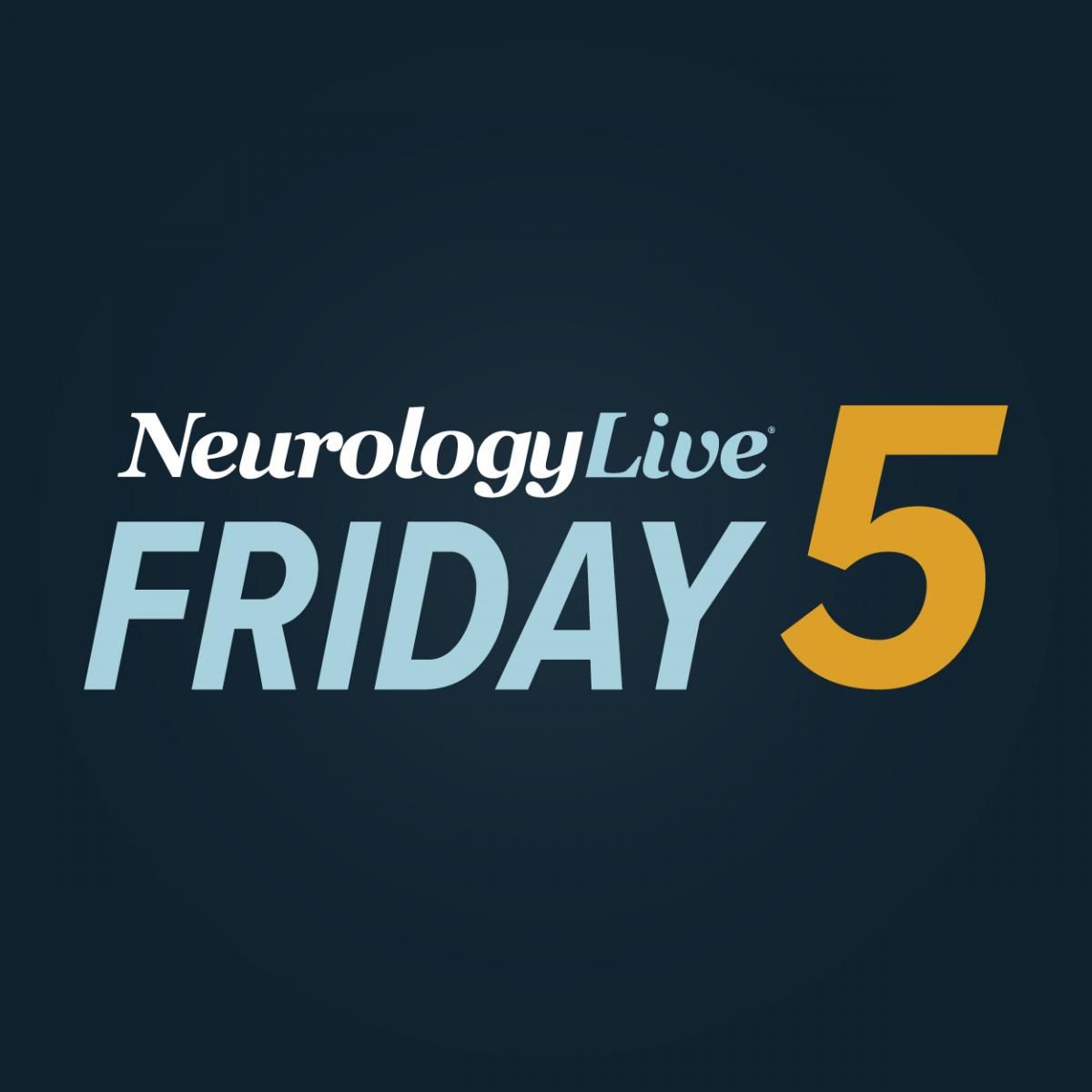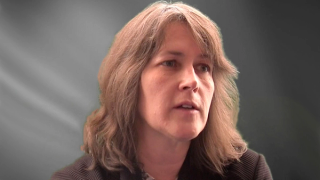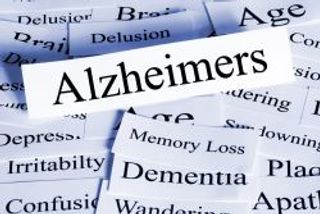
Dementia and Alzheimer Disease
Latest News
Latest Videos

CME Content
More News
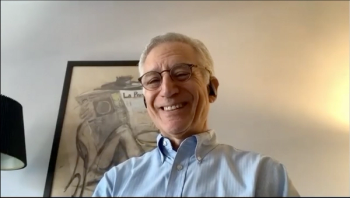
The founding executive director and chief science officer at the Alzheimer’s Drug Discovery Foundation discussed the effect that the COVID-19 pandemic has had on the care of patients with Alzheimer disease and dementias.

Take 5 minutes to catch up on NeurologyLive's highlights from the week ending April 24, 2020.

Cumulative mean systolic blood pressure was associated with those faster declines in memory which were significantly more common in black individuals than white individuals.

Take 5 minutes to catch up on NeurologyLive's highlights from the week ending April 17, 2020.

Consumption of whole fruits, vegetables, whole grains, nuts, legumes, fish and olive oil, as well as reduced consumption of red meat and alcohol was observed to assist in preserving cognitive function.

Take 5 minutes to catch up on NeurologyLive's highlights from the week ending April 10, 2020.

Will ethical considerations and lack of consent stand in the way of thoroughly exploring the potential of this nondrug therapy?
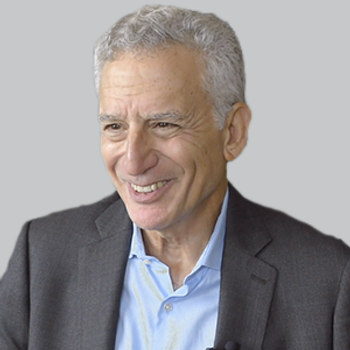
Solanezumab, Gantenerumab Fail to Slow Alzheimer Progression, But DIAN-TU Trial Sheds Positive Light
Despite solanezumab (Eli Lilly) and gantenerumab (Roche and Genentech) failing to meet the DIAN-TU trial primary end point in inherited Alzheimer disease, the international undertaking provided some positive takeaways for the clinical community.

A multicenter, cross-sectional, observational, Spanish nationwide study’s findings suggest that those with Parkinson disease dementia may be predisposed to impulse control disorder symptoms and related behaviors.
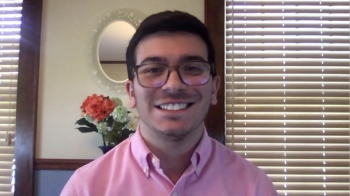
Neurology News Network for the week ending April 4, 2020.

Take 5 minutes to catch up on NeurologyLive's highlights from the week ending April 3, 2020.

NeurologyLive’s parent company, MJH Life Sciences, will be hosting the virtual MJH Life Sciences Sleeves Up Blood Drive from March 31 through April 30.

Cognitive change over time was similar in both the aspirin and placebo groups.

Study results suggest that unexplained seizures in older adults may also be a first sign of a neurodegenerative disease.

New data suggest that brain changes in the posterior cingulate cortex and precuneus as a result of SDB may increase the risk of Alzheimer disease, supporting prior findings which imply a link between the conditions.

Axsome Therapeutics has accelerated the completion of its phase 2/3 trial of AXS-05 in patients with Alzheimer disease agitation, with top-line results now expected to read out in Q2 2020, a full quarter ahead of the prior scheduled time.

The webinar, a partnership between Women Neurologist's Group (WNG) and NeurologyLive, features the latest updates from CMS on billing and coding for telemedicine visits.

Statistically significant associations between stress-related disorders were identified in those with Alzheimer disease, but not with Parkinson disease or amyotrophic lateral sclerosis.

Telemedicine has potential to play a key role in diagnosis and testing during the outbreak of COVID-19

Study results suggest that the plasma P-tau181 biomarker may be an effective noninvasive biomarker for Alzheimer disease, with prognostic and diagnostic value for use in both clinical practice and clinical trials.

An analysis of pooled data from 3 longitudinal clinical trials suggests that SVD score, which can be compiled via a rapid visual assessment of clinical MRI scans, may be able to improve the prediction of dementia risk.

Addressing risk factors early on may help curb the negative effects of cerebral small vessel disease on aging and reduce risk of neurovascular events.

Based on current evidence, the Task Force was unable to recommend cognitive screening for older adults despite a recent push by the AAN to screen all adults 65 and older for thinking and memory problems.

The chief science officer at the Alzheimer's Drug Discovery Foundation discussed the resource, which consists of more than 200 reports on drugs, development, supplements, food/drink, nonpharmacologics, and risk factors related to brain health.

These data confirm the need for consideration of these costs when prescribing treatments, and is of considerable importance as out of pocket costs continue to rise in the US.
